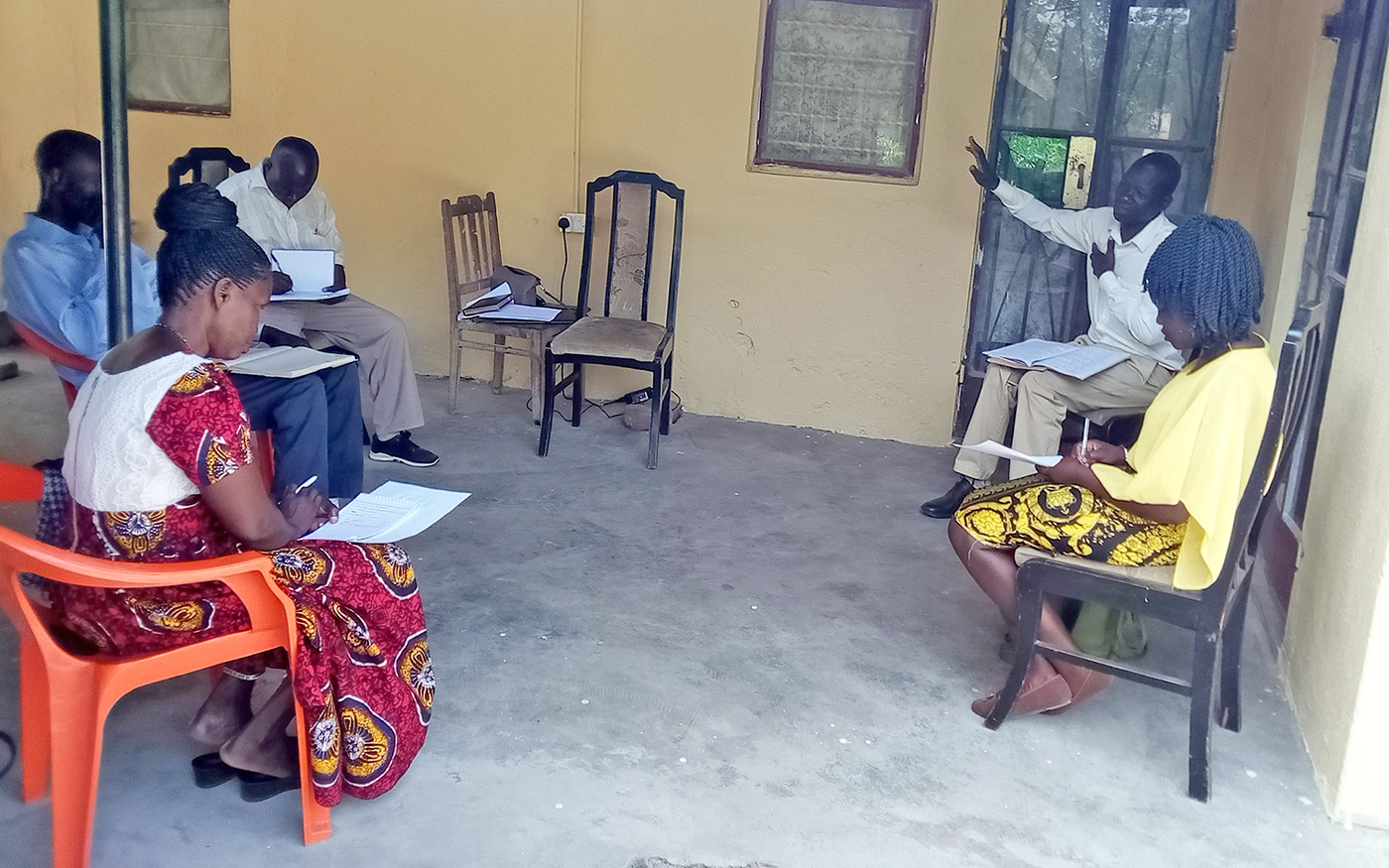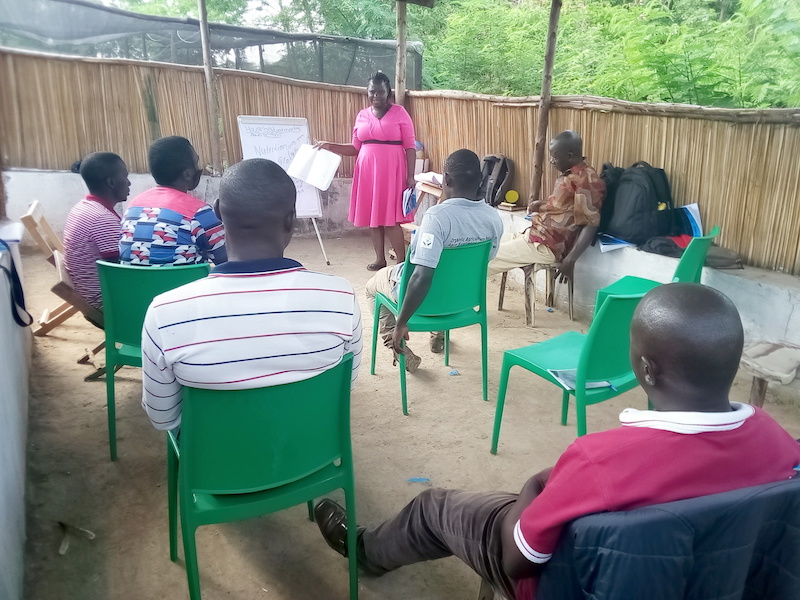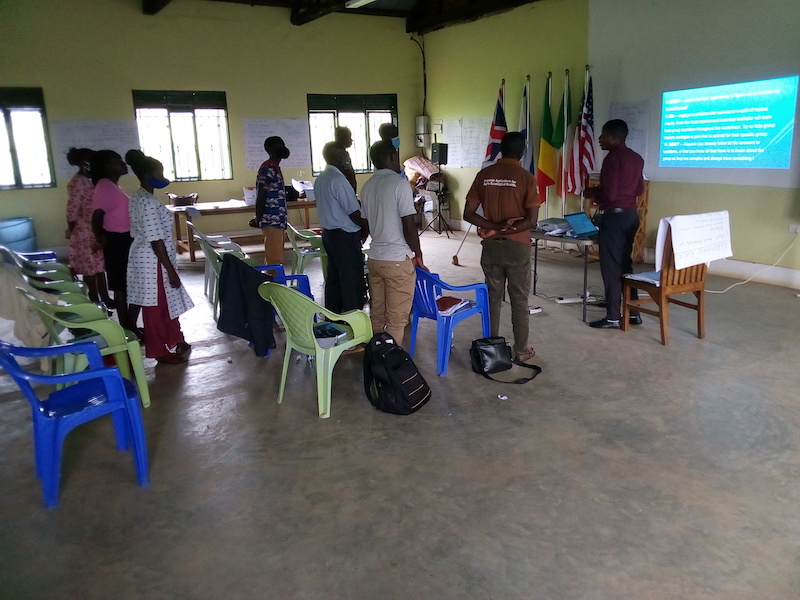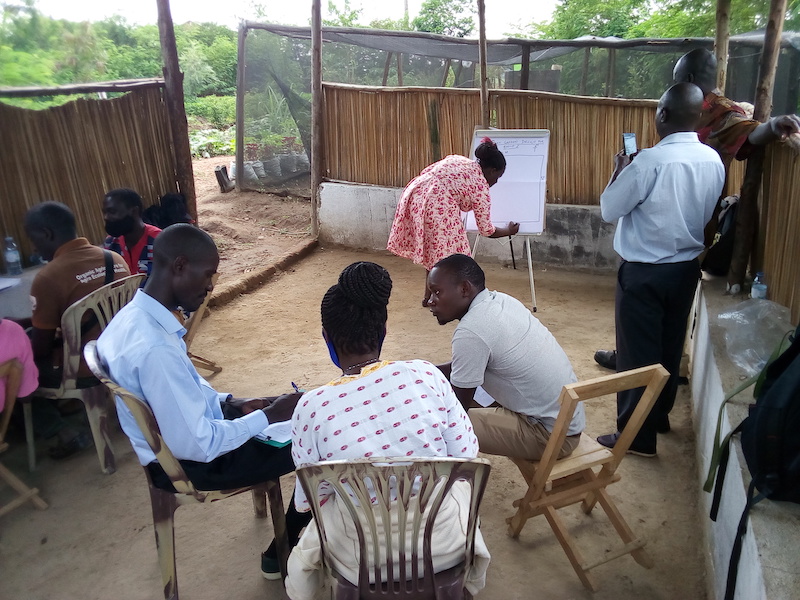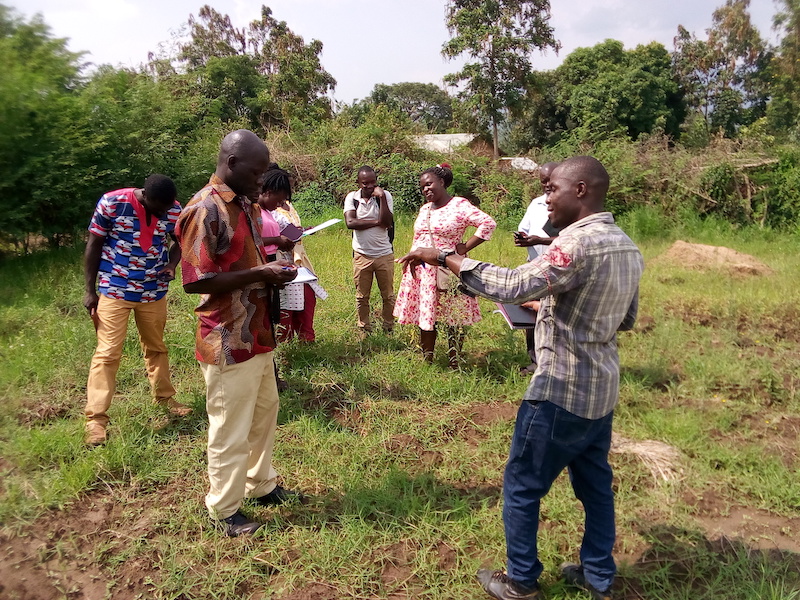Monitoring and Evaluation
Monitoring and Evaluation aimed at policy monitoring and public accountability. To date, the Ugandan government has developed a number of policy regimes to regulate and influence land use and environmental impacts, for example, the Poverty Eradication Action Plan (PEAP, 2000), the Sector Wide Approach to Planning for Water and Sanitation Sector (2002), the National Wetlands Policies (1995), the Environmental Impact Assessment Resolutions (1998), the National Environment Management Policy (MLWE 1994), the National Environment Statute (MLWE 1995), the Constitution of the Republic of Uganda (GoU 1995), and the National Land Policy and National Land Use Policy, among others. However, as reflected by the alarming rate at which natural resources are being depleted, it is evident that these laws and policies are not enforced effectively. Numerous research conducted show that there is a glaring gap between the existence of laws and policies on the one hand, and the reality of implementation on the ground on the other. Weaknesses in implementing existing laws and policies were detected, reflecting political interference and corruption. Among other factors, weaknesses in law enforcement, corruption, political interference, and the impunity of those who acted against environmental and other laws were identified as most severe throughout the country. On a number of instances, people with good political connections have encroached on wetlands and water catchment systems with no reprimand from law enforcers.

